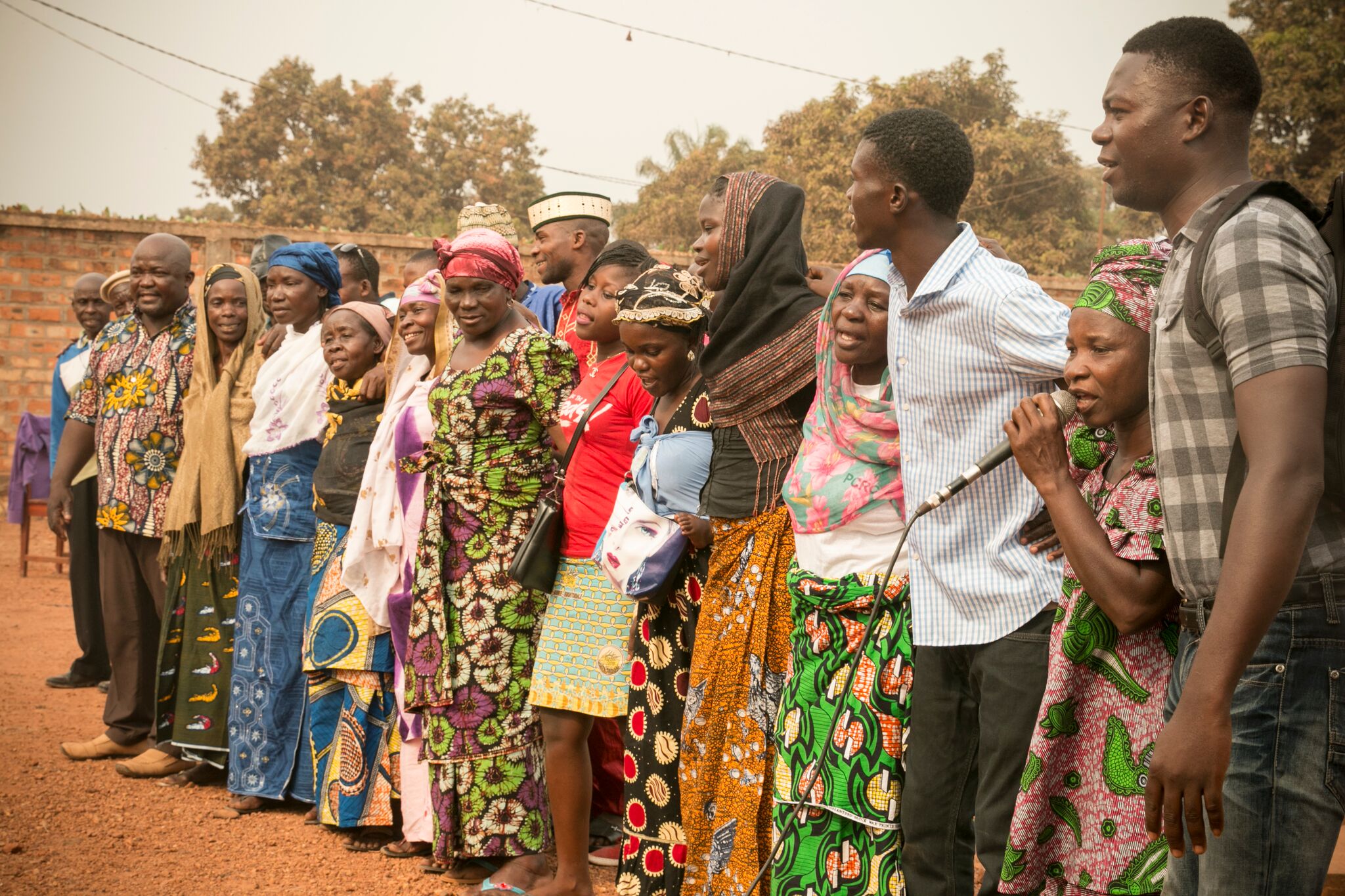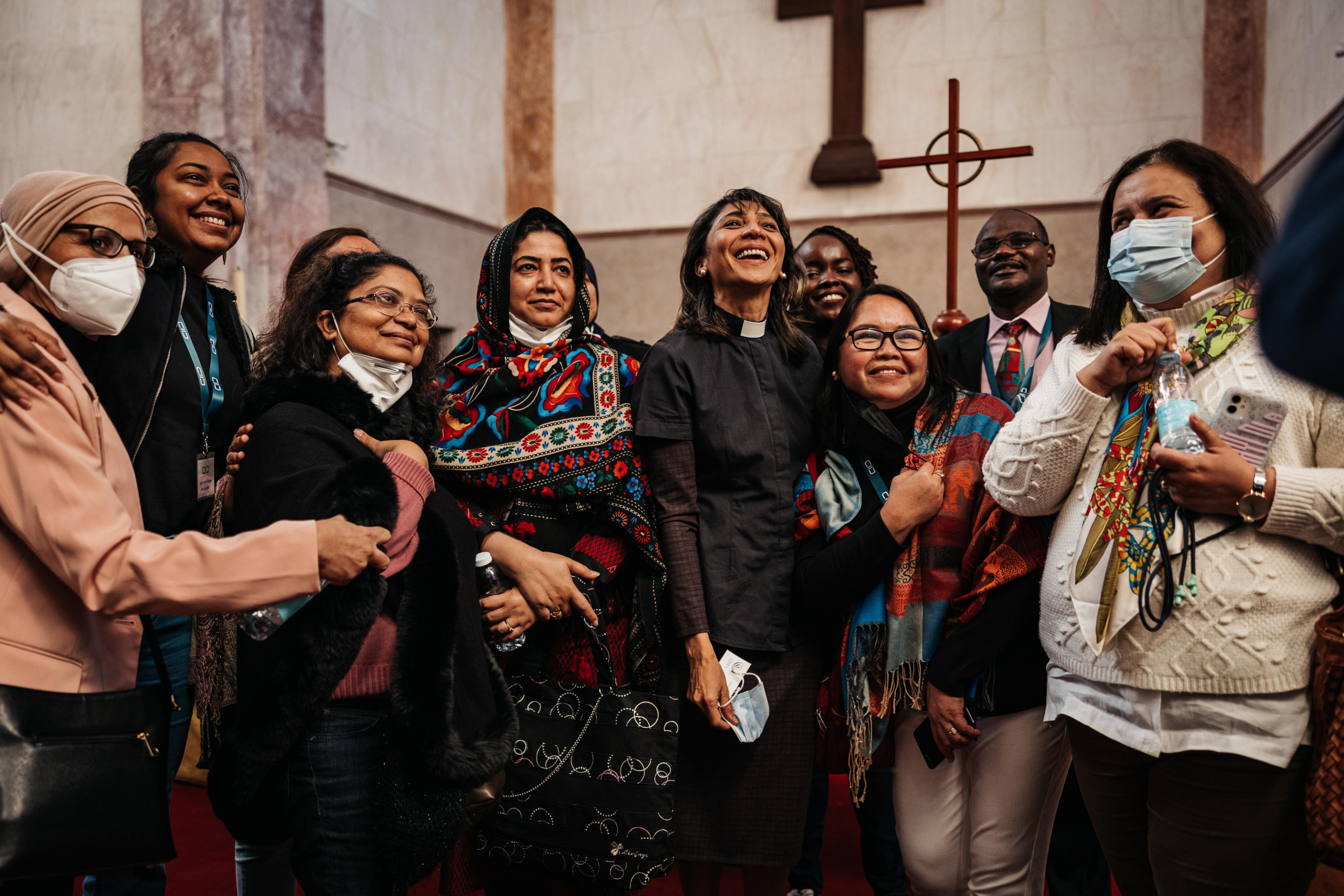Dialogue Voices
The Dialogue Voices are personal accounts of interreligious commitment and experience. They show approaches to, and forms of, interreligious dialogue, and its impact and context on a local, national, or global level. They represent a cross-section of dialogue experiences and its impact worldwide.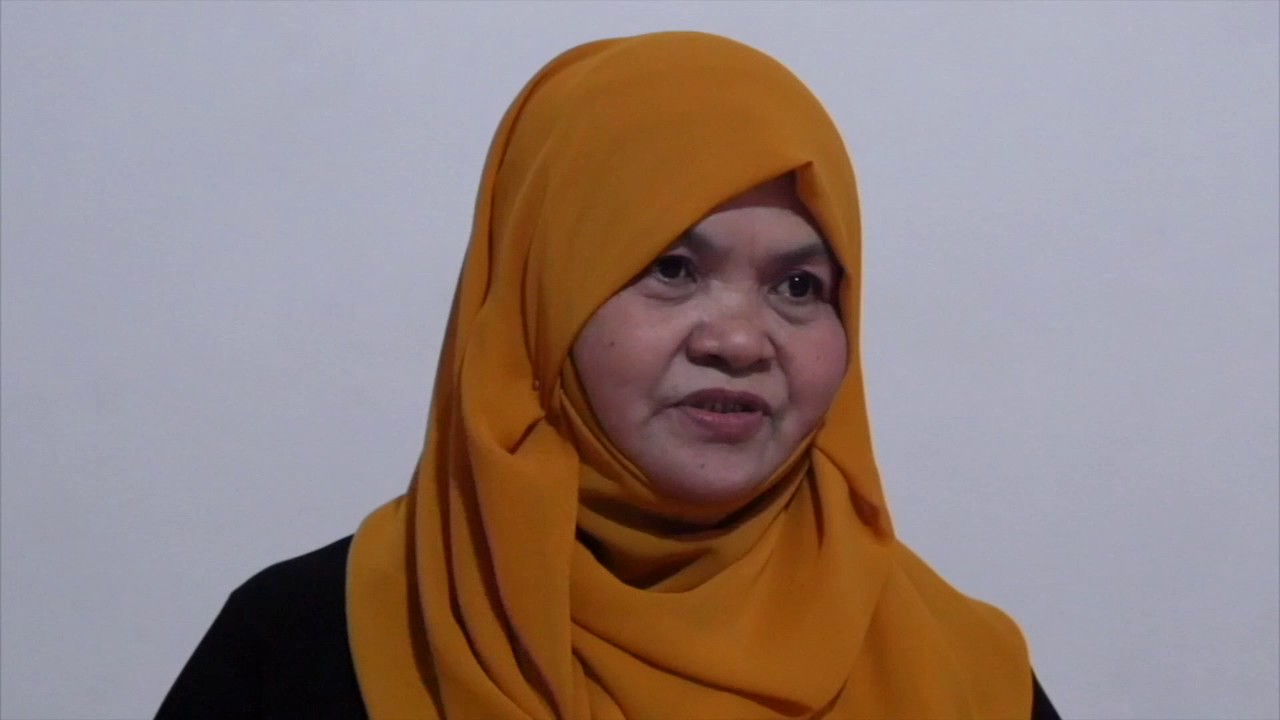
Journey into the world of interfaith dialogue in the Philippines
Potre Diampuan speaks about how she started her journey into the world of interfaith dialogue as well as moments of solidarity and how interfaith interactions evolved for her over time.
Potre Diampuan is a Muslim who grew up in a Christian neighbourhood. Growing up in such an environment is what got her started in the world of interfaith. She recalls an experience of solidarity from the 1970s when she assisted in protecting a gas station owned by Christian neighbours during a period in which martial law was declared. She also fondly speaks about Priests from her community who throughout the years have become like close members of her family.
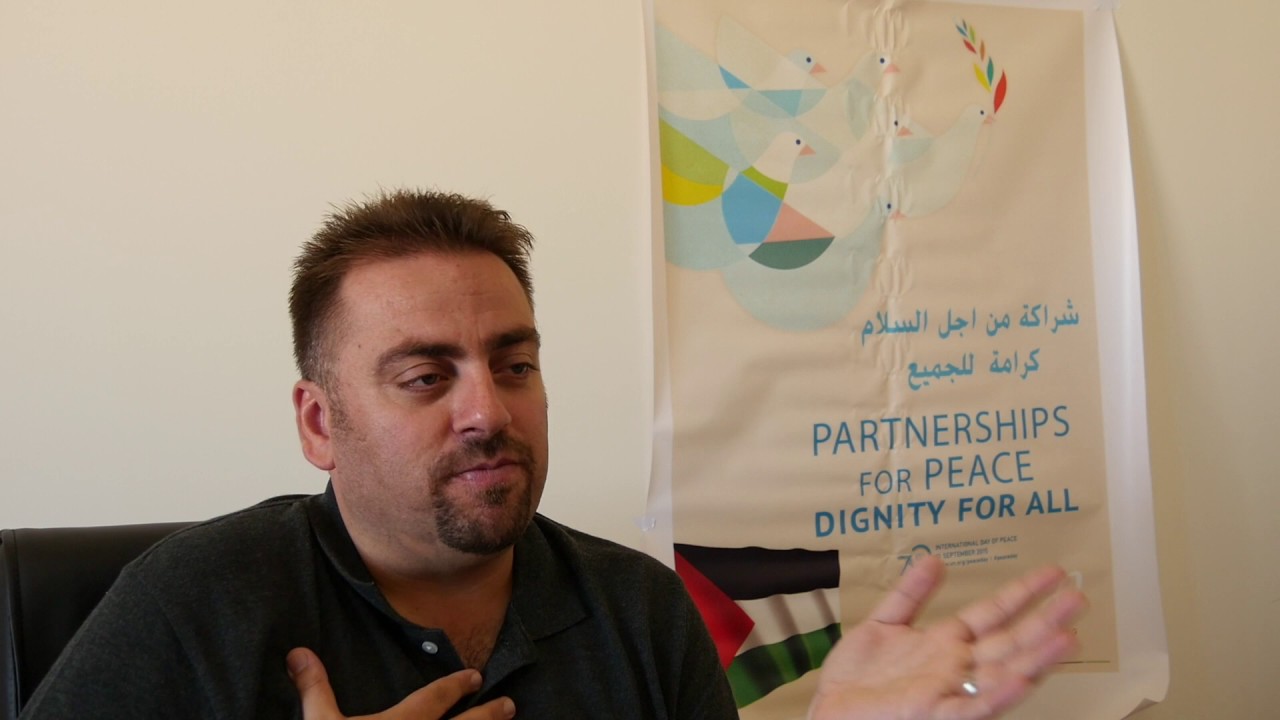
Interactions of different interfaith communities in Palestine
Tarek Tamimi speaks about a peculiar experience he had due to a lack of interfaith dialogue. He also talks about how different faith communities interact on a daily basis.
Tarek Tamimi is a Muslim Palestinian who studied in Greece with a fellow Palestinian student who was a Christian. Tarek recounts that his Palestinian Christian friend was treated differently by the rest of the students because of his name. Most students thought Tarek was the Christian, even though he is a Muslim. Tarek also speaks about Christian and Muslim communities and religious leaders cooperating in Bethlehem, especially during Ramadan for the Iftar dinner.
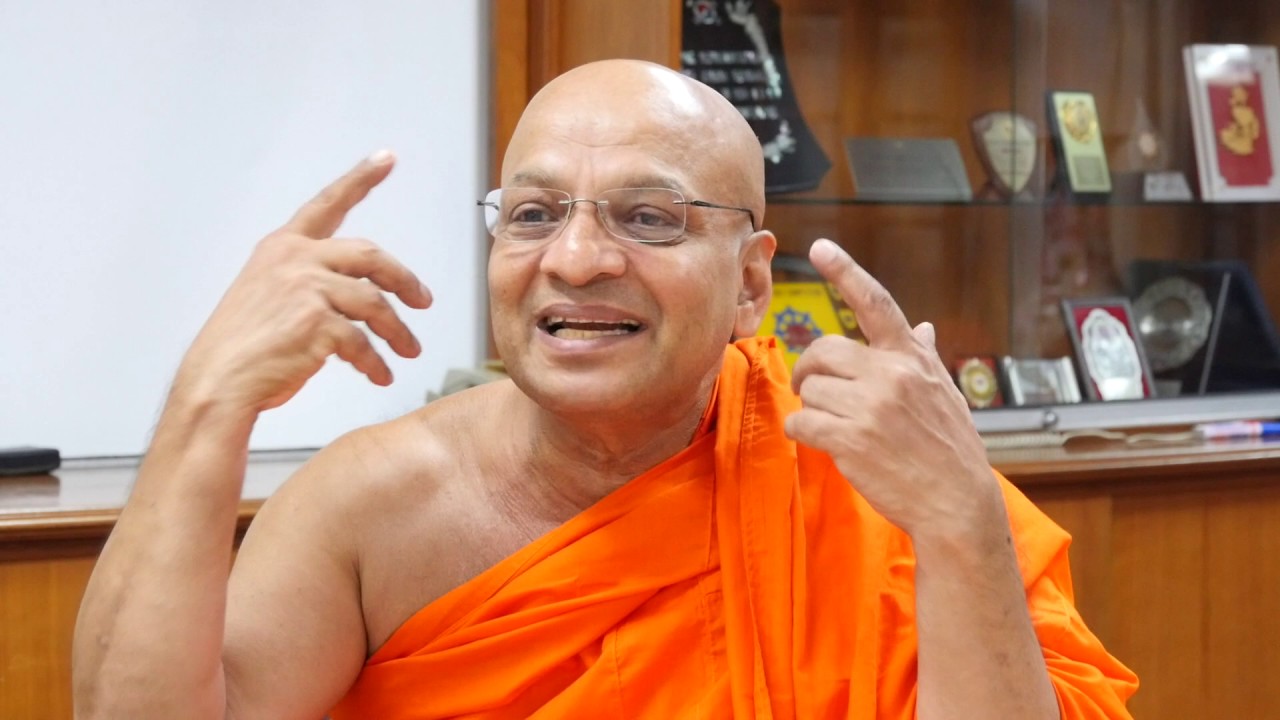
Complementing each other’s religions in Malaysia
Datuk K. Sri Dhammaratana speaks about interfaith action that he has implemented, the best way to interact in an interfaith environment and his hope for the future.
Datuk K. Sri Dhammaratana speaks about organizing a play acted out by individuals from different religions. In his opinion the best way to act in an interfaith environment is to complement each other’s religions. As human beings we are only here for a short time, so therefore we should try to do good things. Datuk K. Sri Dhammaratana hopes that for the future people will learn to respect religion through understanding.
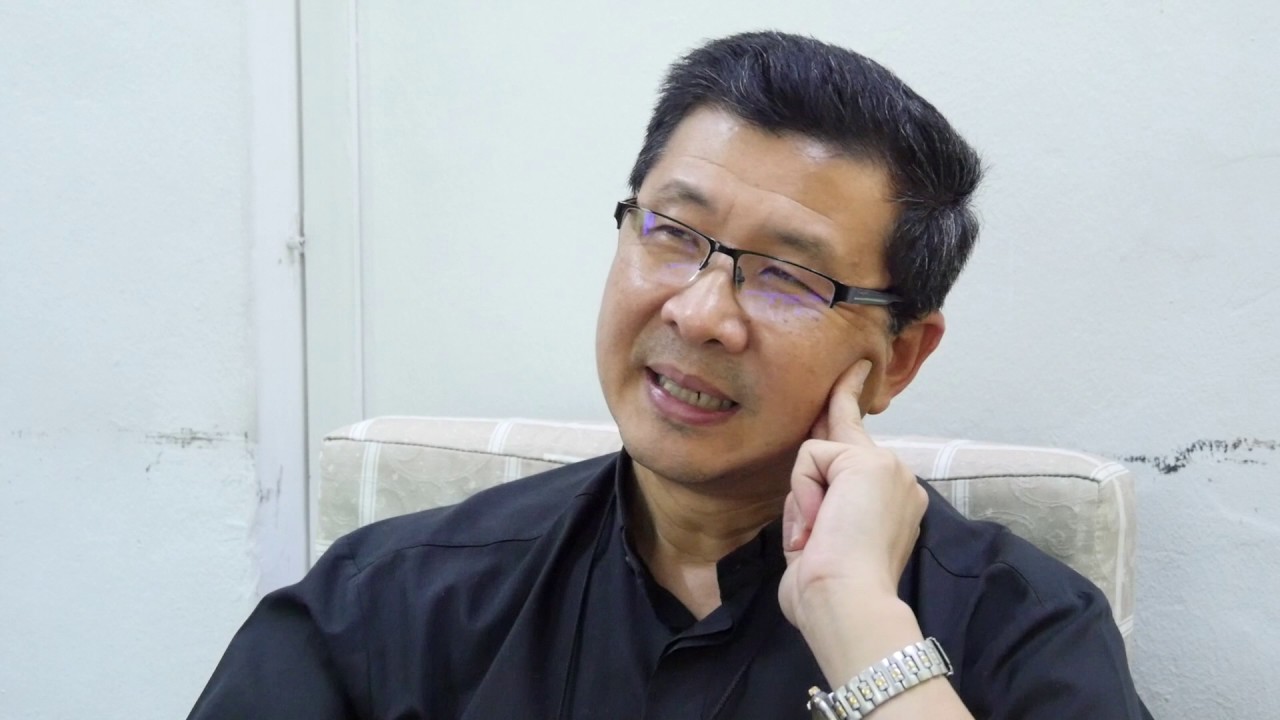
Nation building and mutual respect in Malaysia
Julian Leow Beng Kim speaks about the need for interfaith dialogue in Malaysia and embracing that which people of different faiths hold in common rather than their differences.
Julian Leow Beng Kim recounts a discussion he had with a Mufti about the changes that have taken place in Malaysia in terms of people’s attitudes towards other faiths over the past thirty to forty years. Julian Leow Beng Kim goes on to explain that he feels there is a place for interfaith to be part and parcel of nation building and that mutual respect is key for building on common values.
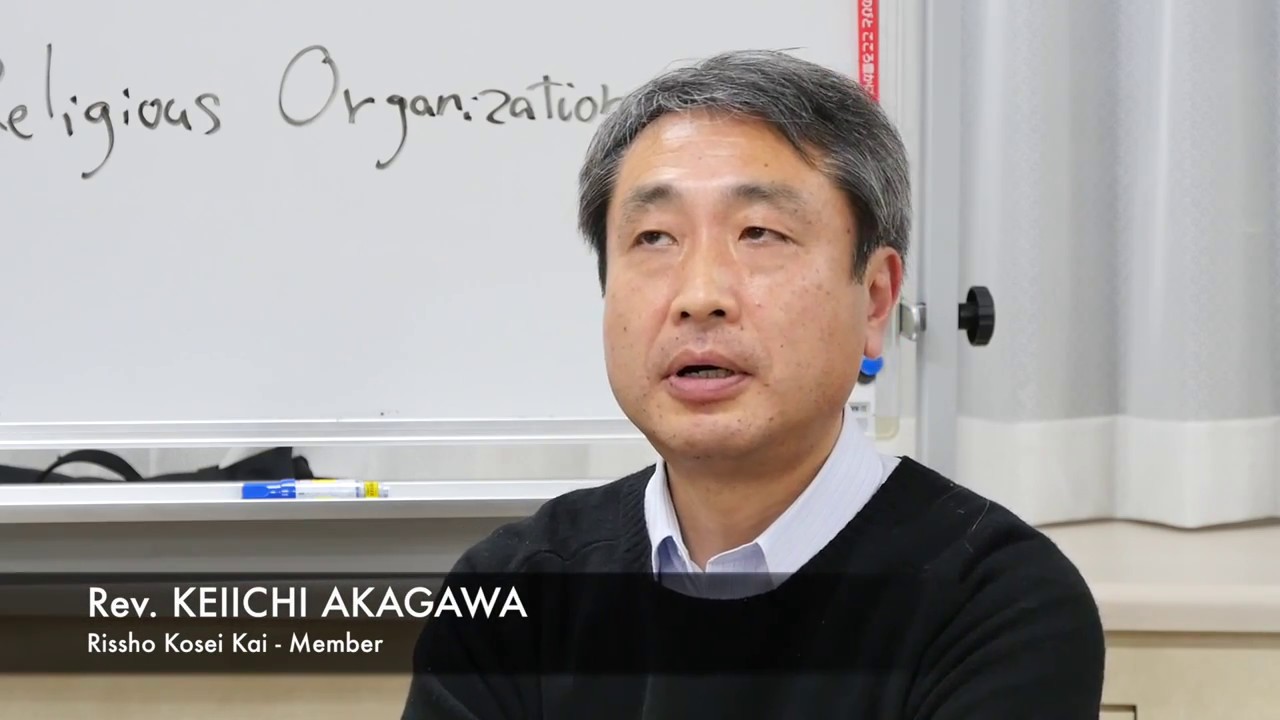
Impact of interfaith experiences in Japan
Keiichi Akagawa speaks about his first interfaith experience and an interfaith experience that had a particular impact on him.
Keiichi Akagawa’s first interfaith experience dates back almost thirty years ago when he was working at the Religions for Peace office in Geneva, Switzerland. He was impacted by the people of different faiths whom he met while working there which caused him to develop a respectful attitude towards the faiths he was exposed to. Keiichi Akagawa recalls a youth interreligious dialogue summer camp in France that had a particular impact on him where he learned that people of different faiths can live together despite their differences and that respectfulness starts with listening.
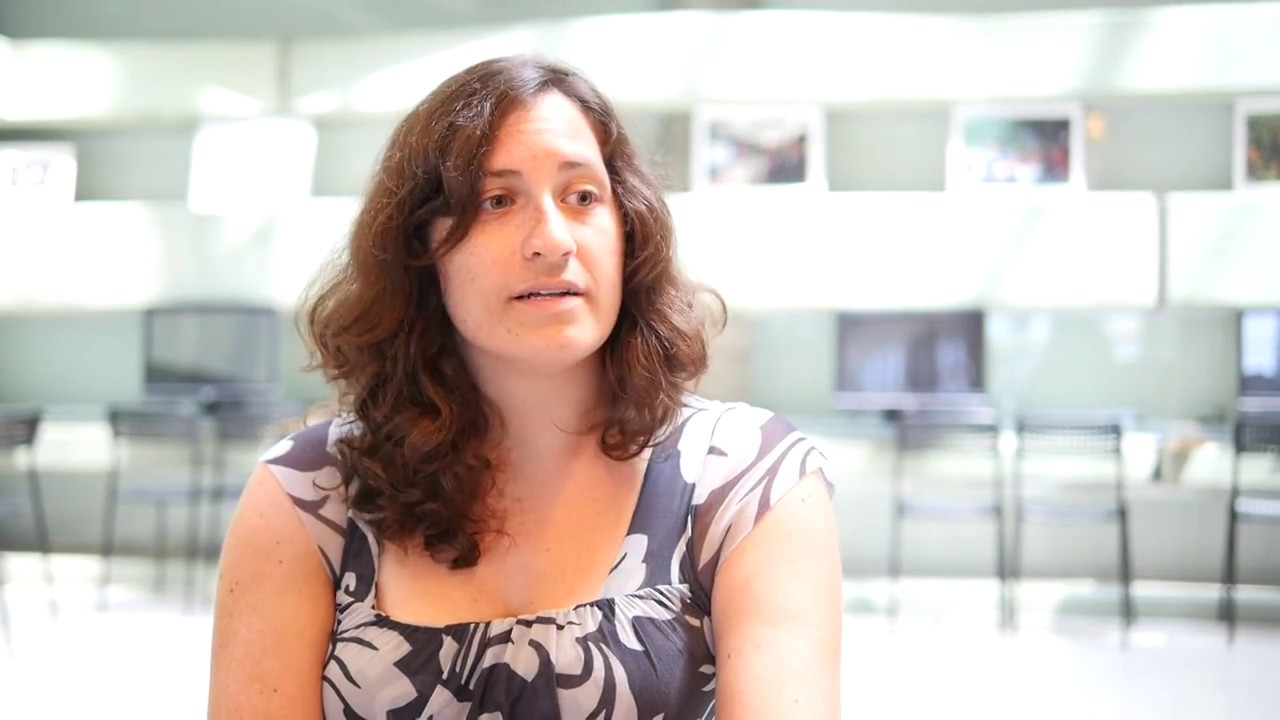
Fostering interfaith interactions through the initiative ‘Saving Children’
Lara Portnoy speaks about a program started by the Peres Center for Peace called ‘Saving Children’ and its success in fostering interfaith interactions.
The Peres Center for Peace was founded by former Israeli President Shimon Peres in 1996. The
organization is focused on developing and implementing innovative and cutting-edge peacebuilding
programs. Lara Portnoy speaks about a successful program called Saving Children which brings
children from Gaza and the West Bank into Israel for life saving medical treatment. The parents of
sick Palestinian and Israeli children meet and bond over the experience. Lara Portnoy states that she
would like to see more interfaith work being promoted on a governmental level.
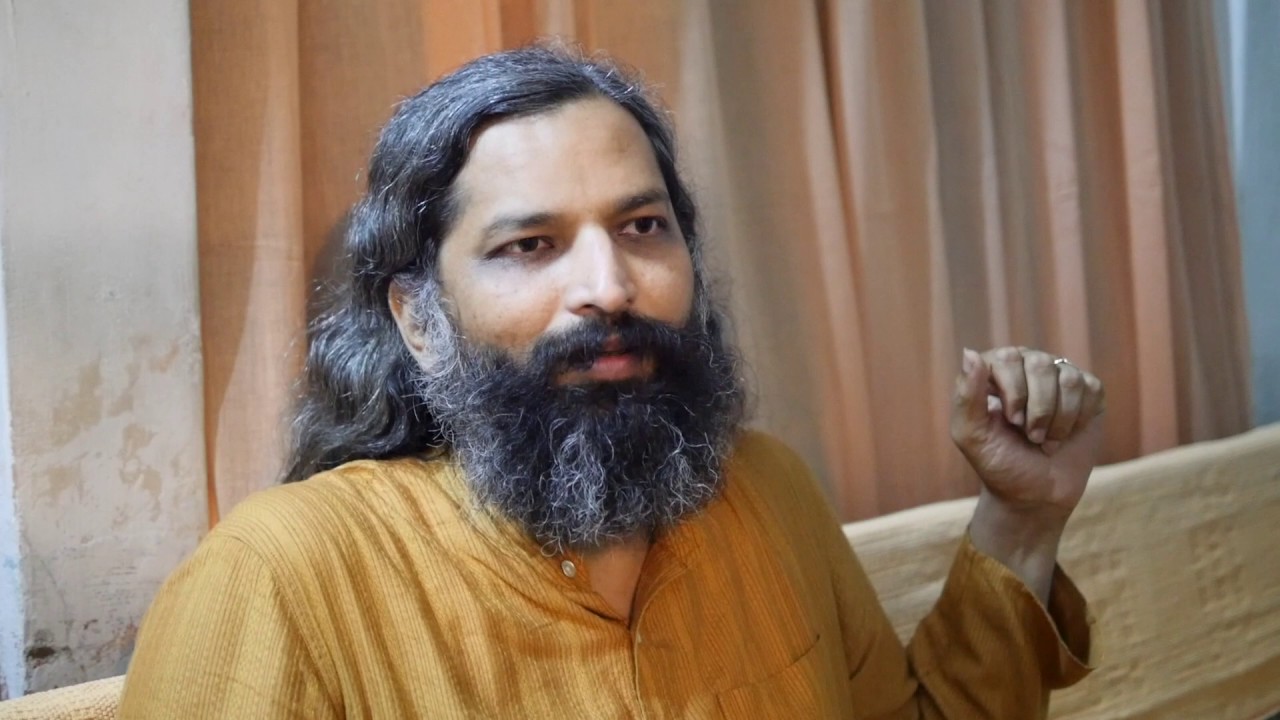
Interfaith gatherings in India
Sraddhalu Ranade speaks about his first interfaith experience and his view on the current state of interfaith dialogue.
Sri Aurobindo Ashram is a spiritual community located in Pondicherry, India. Sraddhalu Ranade has personally been involved in interfaith dialogue over the past ten years. He credits his involvement in interfaith dialogue thanks to the Global Peace Initiative of Women. Sraddhalu Ranade explains the different biases he perceives in today’s interfaith dialogue. He also speaks about the importance of attending interfaith gatherings because they have taught him to appreciate the depths of other religious traditions.
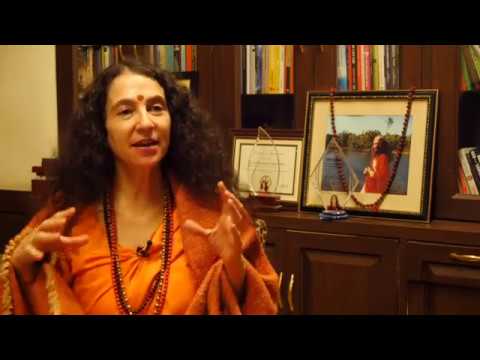
Safe drinking water initiative – engaging many faiths in India
Shadvi B. Saraswati speaks about the deadly cost of lack of water sanitation and hygiene in many parts of the world. She also stressed the importance of religious leaders focusing on projects and programs rather than just focusing on words and values.
Global Interfaith WASH Alliance is the world’s first initiative that is engaging the planet’s many faiths as allies in efforts to create a world where every human being has access to safe drinking water, improved sanitation and proper hygiene. Shadvi B. Saraswati explains that more people suffer and die from lack of water sanitation and hygiene than from almost all forms of violence combined. In addition to their interfaith work, Global Interfaith WASH Alliance is heavily focused on creating the conditions for people to be able to access to safe drinking water.
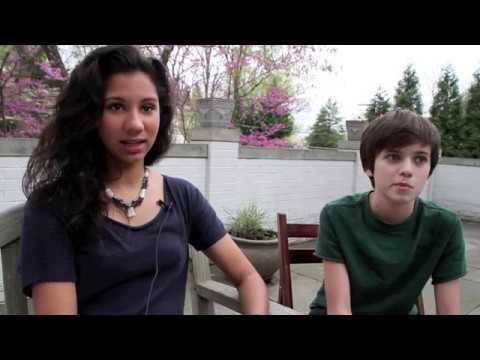
Groups of teens and preteens in Washington DC
Saanya Ali explains the origins of Capital Area Interfaith Friends and what motivates her as a young person to be involved in interfaith dialogue.
Capital Area Interfaith Friends is a youth group for teens and pre-teens located in Washington DC, USA. The group started out with seven people from Christian, Jewish and Muslim backgrounds who would get together during different religious holidays and have discussions. While it is focused on teens, it is also about connecting with people of different faiths over the things that unite them.
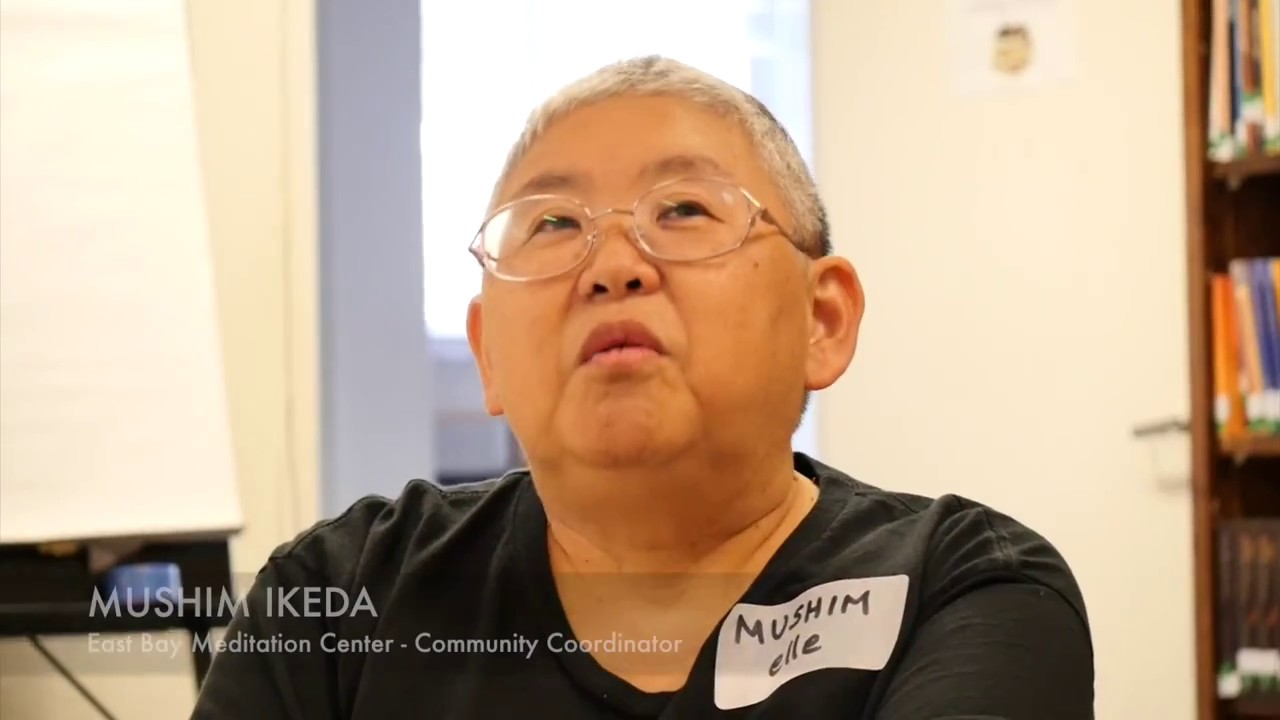
Meditation and spiritual teaching at East Bay
Mushim Ikeda speaks about her background and how she got involved in interfaith activities. She also talks about the vision and mission of the Easy Bay Meditation Center.
East Bay Meditation Center is a center that focuses on meditation and spiritual teachings from Buddhist and other wisdom traditions. The vision and mission of the center is that all are welcomed at the center but there is a particular focus on serving those coming from underserved communities. The other part of the centers mission is to bring together different faith traditions and cultures, even those who have no faith. What makes the East Bay Meditation Center different from other Buddhist centers is that their teachers also focus on social justice and the history of social justice.

